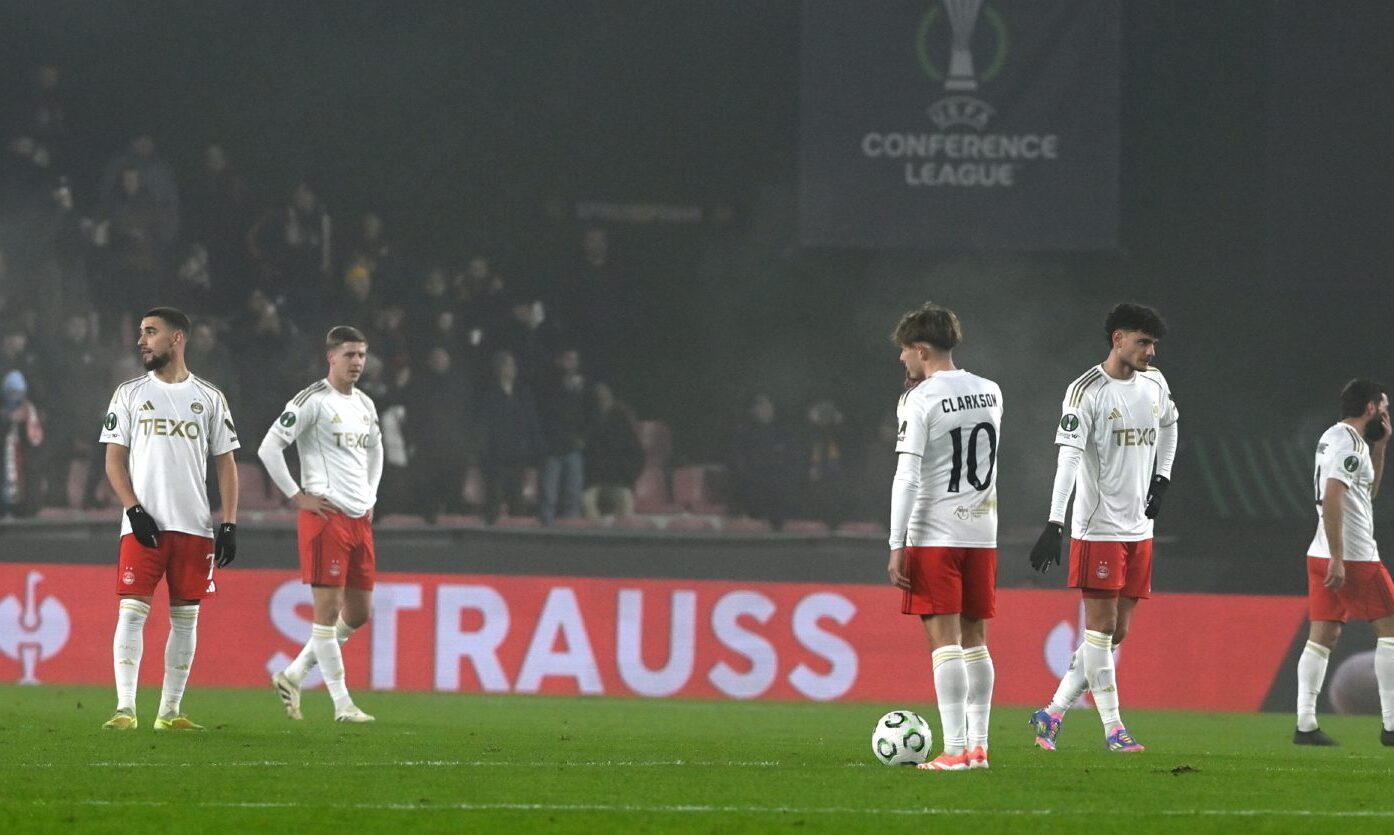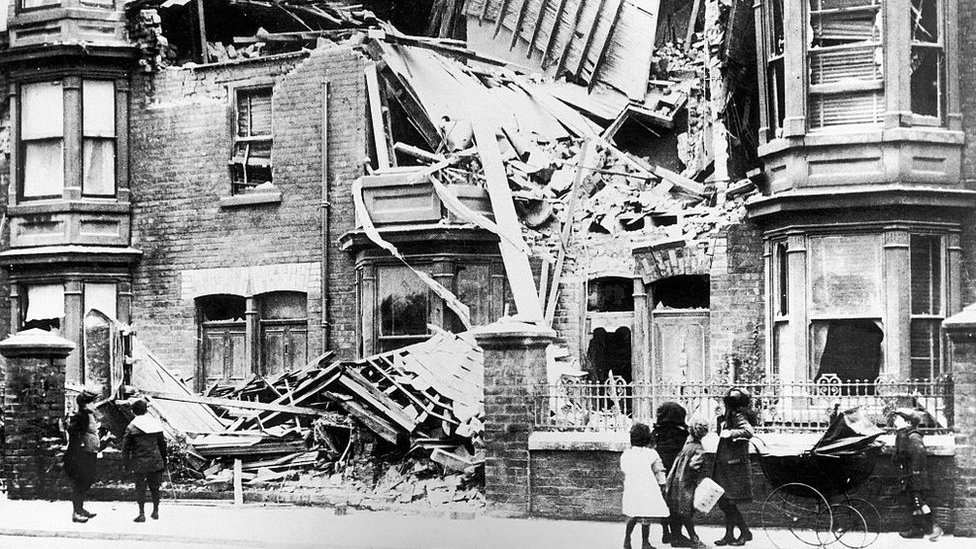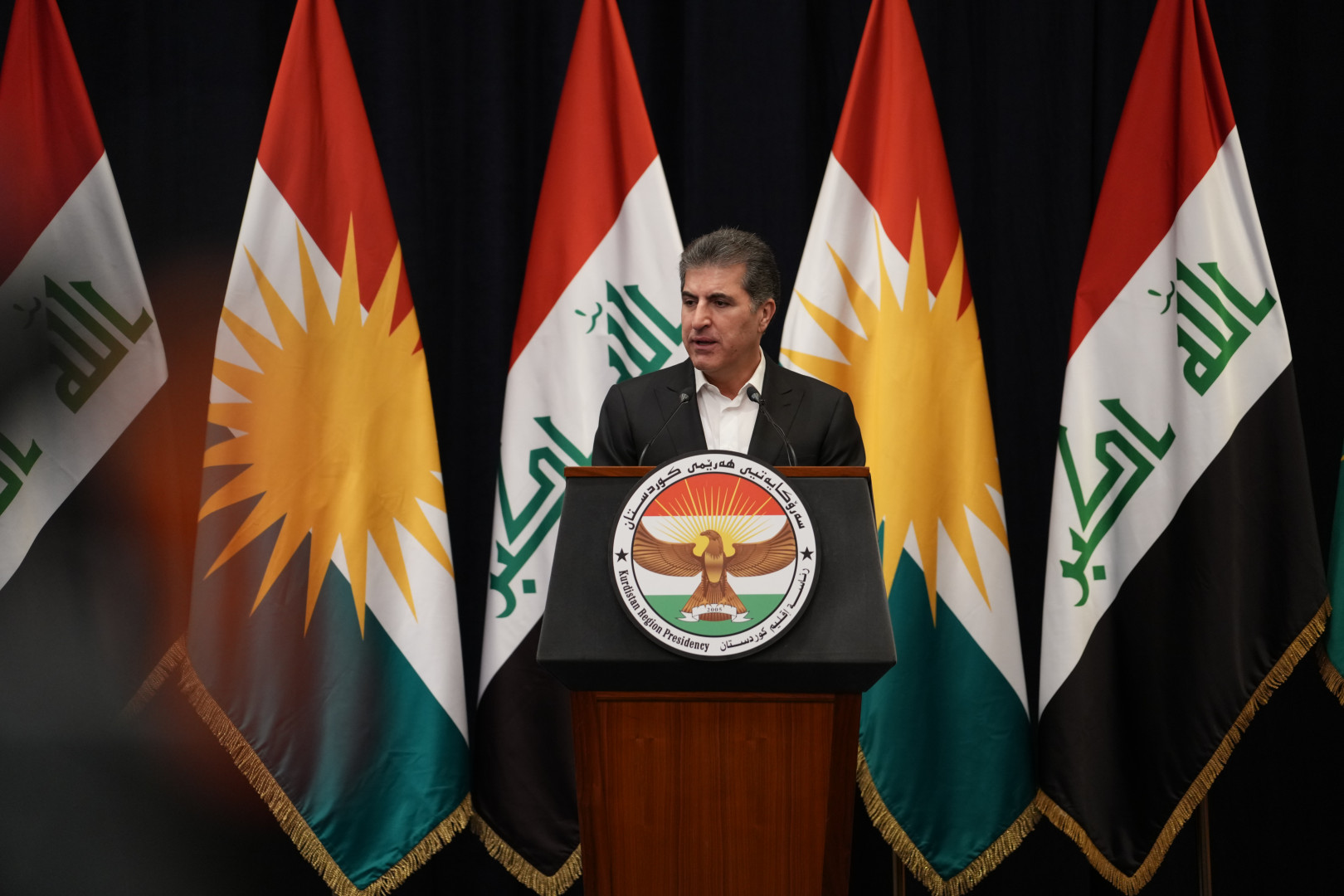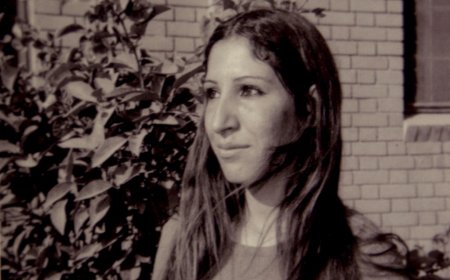The world needs to act on El Fasher
Michael E.J. Phillips

El Fasher, the Sudanese city which has been under siege by paramilitary Rapid Support Forces (RSF) for over a year, is completely isolated. The humanitarian situation in the region is critical. According to the World Food Programme, acute malnutrition affects almost 40% of children under the age of five.
The last regional capital in Darfur still held by the army has recently suffered new attacks by the RSF, which retreated westward after losing the capital Khartoum in March. They had been at war with the regular army since April 2023. Until 26 October, El Fasher was the last of the five capitals of Darfur under the control of the regular army, who have lost control of swathes of the country.
In April, an attack on the Zamzam camp for displaced persons on the outskirts of El Fasher led to a mass exodus of civilians to the city. In Abu Shouk camp, located near El Fasher, where a state of famine was officially declared in 2023, the mortality rate among children ranges from five to seven lives lost daily.
The city is completely isolated: the markets are empty; food is scarce and unaffordable. A 100-kilogram bag of millet flour costs 11 million Sudanese pounds (approximately $1,850). The humanitarian conditions there are catastrophic. In the main soup kitchen, rations have been drastically reduced: a plate of traditional porridge that was previously shared between three people is now shared between seven.
According to the World Food Programme (WFP), acute malnutrition affects almost 40% of children under the age of five in El Fasher, with 11% of these children suffering from severe malnutrition. In a country where conflict is blocking roads and paralysing logistics, the delivery of humanitarian aid is virtually impossible. Convoys are currently at a standstill and supplies are diminishing. The rainy season, which intensifies in August, is exacerbating the situation.
At El Fasher Hospital, children frequently arrive in a critical condition, according to a paediatrician. Medical supplies are almost depleted. "The majority of them are severely malnourished. She expresses concern that, without rapid supplies, the situation will be unsustainable and no longer able to assist the children.
Now in its third year, the conflict has killed tens of thousands of people, uprooted millions and caused what the UN describes as 'the world's worst humanitarian crisis". It is estimated that 25 million people across the country are suffering from acute food insecurity.
The situation has taken a dramatic turn in recent days. Some have not eaten for days and have travelled long distances on foot. There have been reports of individuals being beaten, robbed or threatened on the road. Many are mourning the loss of loved ones.
It is estimated that 177,000 civilians remain trapped in the city.
On 29 October, General Mohamed Daglo, head of the RSF, acknowledged the 'catastrophe' endured by the inhabitants of the city, which has been under siege for 18 months, but reaffirmed his commitment to 'the unity of Sudan through peace or war' in a speech on his Telegram channel. On 27 October, the head of the army, General Abdel Fattah al-Burhane, acknowledged the withdrawal of his men from the city, but stated that his side was determined to continue fighting.
The scale of the suffering is unacceptable. It is frequently based on ethnicity. It is becoming increasingly apparent that women and girls are facing sexual violence, and there is mounting evidence of defenceless civilians being executed and tortured. In addition, those working in humanitarian relief are being targeted as they seek to access the most vulnerable communities facing famine. Survivors’ accounts are reminiscent of the dark past of Darfur, when, in the early 2000s, the Janjaweed militias, the forerunners of the RSF, killed more than 300,000 people and displaced 2.5 million.
Reports of the killing of more than 460 people in the maternity ward of the Saudi-run hospital in El Fasher, denounced by local volunteers and corroborated by satellite images, have sparked widespread outrage. The RSF has nonetheless categorically denied the allegations concerning the deaths of hundreds of patients at the Saudi hospital in a statement posted on their Telegram channel, claiming that 'the hospitals have been out of service since civilians left the city'.
On the ground, the flow of refugees continues. Since 26 October, over 36,000 civilians have fled El Fasher, with more than 23,000 reaching Tawila, which was already home to some 650,000 displaced people, according to UN estimates. The Tawila Emergency Response Teams (ERTs) have expressed serious concerns over the humanitarian situation in the Tawila region. The ERTs are one of the volunteer groups that have been mobilised to assist civilians.
The war in Sudan is being fought against a backdrop of regional rivalries. According to UN reports, the RSF has received weapons and drones from the United Arab Emirates, while the army is supported by Egypt, Saudi Arabia, Iran and Türkiye, according to observers. All deny any involvement.
The world needs to act, and act quickly. Defenceless, innocent civilians - particularly women and children - should not have to suffer at the hands of those keen to seize power for their own corrupt benefit. Dialogue is the only way to solve dispute, and it takes the stronger man to admit that this is the case.




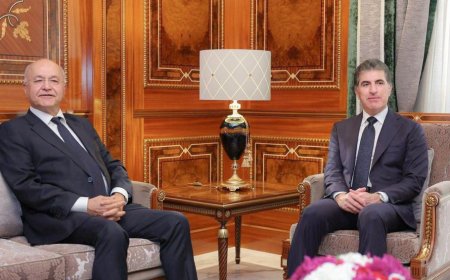








/file/attachments/orphans/rebecca-hague-mothers_864112.jpg)















